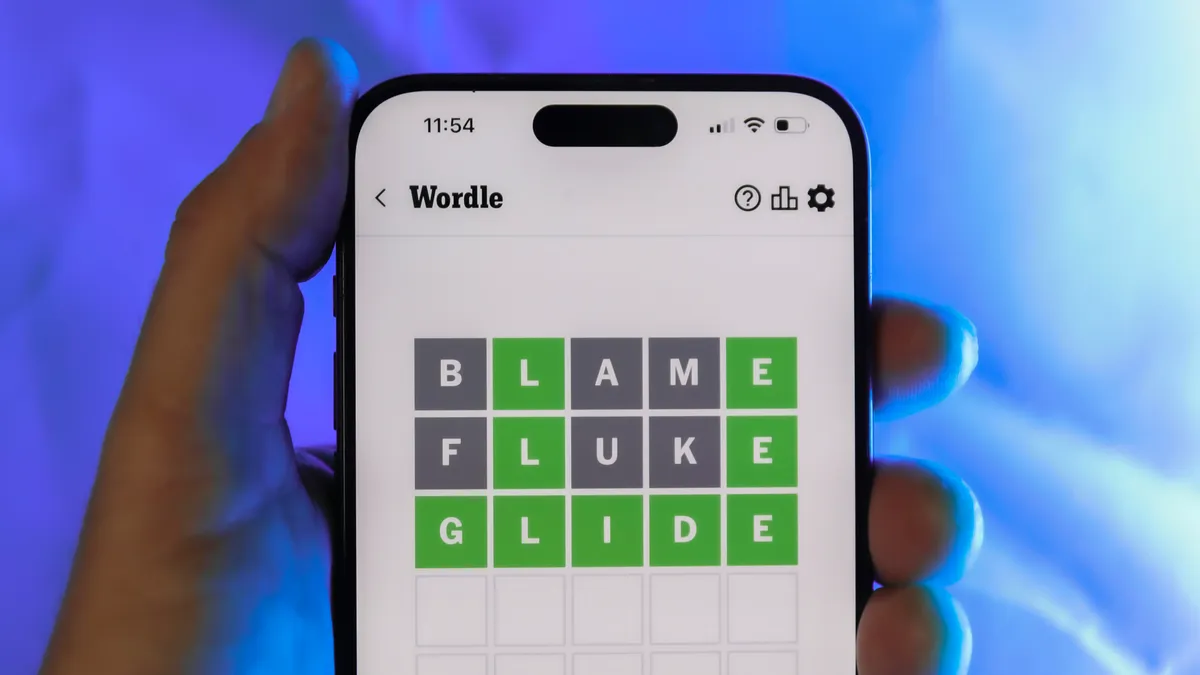Wordle fans, get ready! Today’s puzzle, Wordle #1468, for June 26, 2025, has arrived. Let’s dive into some hints to help you conquer this daily brain teaser.
Hints for Wordle #1468:
- Think about transactions and possibilities.
- This word contains two different vowels.
- There are no repeated letters in today’s Wordle.
- It’s something you might give or receive.
- The word starts with a vowel.
Still puzzling it out? Don’t worry, we’re here to help you avoid breaking your streak. Keep reading for more clues, but if you’re ready for the answer, scroll on down!
Okay, here’s a bigger hint: This word is commonly associated with sales or suggestions. Think about what might be on the table.
Ready for the answer? Here it comes…
The Wordle answer for June 26, 2025, Wordle #1468, is:
OFFER
Analysis and Strategy:
Today’s word, “OFFER,” isn’t overly difficult, but it presents some interesting challenges. It features a double “F,” which can be tricky if you don’t uncover it early. The common vowel “E” is present, along with “O”, increasing the likelihood of players identifying at least one vowel relatively quickly. The surrounding consonants, “F” and “R,” are also fairly common. A strategic starting word might have helped uncover some of these letters early on.
Vowel Frequency:
Remember, vowels are your friends in Wordle! As we know, ‘E’ is the most frequent vowel, followed by ‘A’, ‘O’, ‘I’, and ‘U’. In “OFFER,” we see both ‘O’ and ‘E’. Keeping vowel frequency in mind can significantly improve your guesses.
Letter Positioning:
Vowels often find themselves in the second or third positions. Today, “O” is in the first position, a less common placement, which might have added a bit of complexity. Recognizing that vowel placements can vary is key to effective Wordle solving.
Starting Words:
Words like ‘STARE’ or ‘CRANE’ are often recommended as starting words because they incorporate common vowels and consonants. However, in this case, something with an ‘O’ and potentially ‘F’ might have been beneficial, though those letter combinations could have been challenging to initially identify. Another approach may have been to start with words that have uncommon vowel and consonant combinations.
